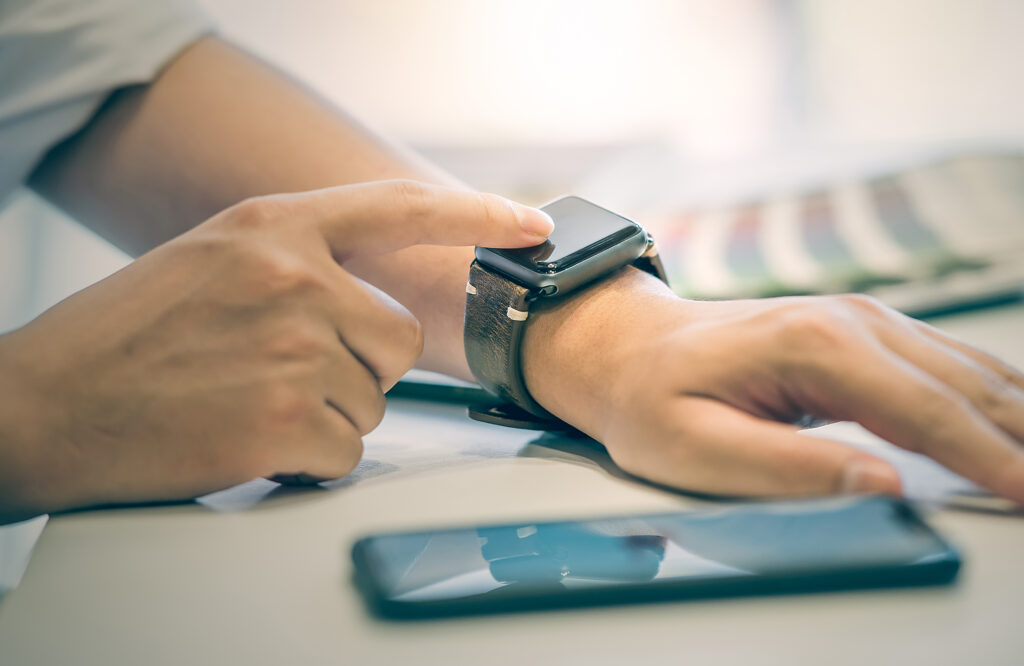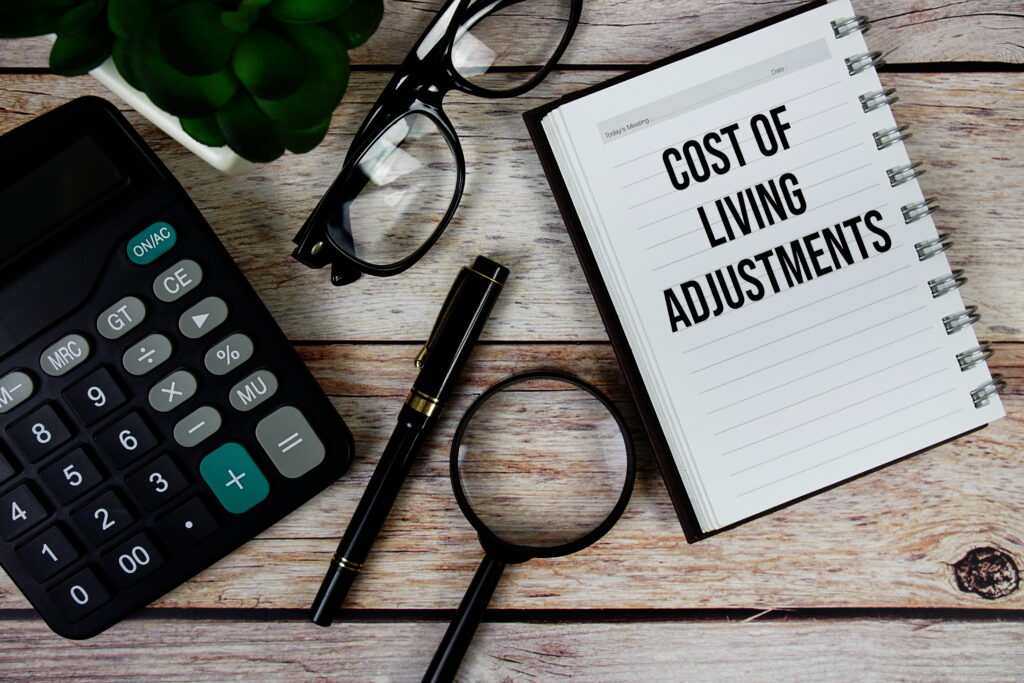Smartphones, smartwatches, and apps mean managing your finances has never been easier. Your devices can help you take control of your money, make informed decisions, and stay on top of your financial goals. Here are some of the ways your devices can assist you in managing your money more effectively.
1. Budgeting
Budgeting is the foundation of good financial management, and there are numerous apps designed to help you create and stick to a budget. Popular budgeting apps like Brigit and PocketGuard allow you to track your income, expenses, and savings in real time. They’ll categorize your spending, remind you about upcoming bills, and help you understand the patterns in your spending, which makes it easier to see and deal with areas where you might be spending too much.
2. Mobile banking
Most banks now have mobile apps that let you manage your accounts from anywhere. You can check your account balances, transfer funds, pay bills, and even deposit checks using your smartphone’s camera. Mobile apps from banks like Chase, Bank of America, and Wells Fargo provide easy access to your accounts, so it’s easy to stay on top of your finances.
3. Managing investments
Making smart investments is a key to building wealth, and there are several apps that can help you manage your investments. Robinhood, Acorns, and Betterment have user-friendly platforms for investing in stocks, ETFs, and other securities. These apps have tools for setting investment goals, tracking your portfolio’s performance, and even automating your investing.
4. Managing debt
Managing your debt is critical to staying financially healthy. Apps like Debt Payoff Planner and Tally can help you create a repayment plan, track your progress, and stay motivated. These apps often have features like payment reminders, interest calculators, and debt reduction strategies to help you pay off your debts more efficiently.
5. Reaching your savings goals
Setting and achieving savings goals is easier with technology. Apps like Qapital and Acorns allow you to set specific savings goals and automate your savings. You can create rules for saving, like rounding up your purchases and saving the difference or setting aside a fixed amount of money each week. Visual progress trackers and goal-setting features can help you stay focused and reach your financial goals.
6. Financial education
Learning about personal finance is important for making educated money management decisions. There are all sorts of resources you can access on your devices, from podcasts and blogs to e-books and online courses. Apps like Khan Academy and Coursera offer courses on budgeting, investing, and financial planning. With these tools, you can build your financial literacy and make smarter financial decisions.
7. Bill reminders autopayments
Missing a bill payment can mean late fees and even a hit to your credit score. Apps like Due and Bills Monitor can help you keep track of your bills and set up payment reminders. Many banking and financial apps also let you set up autopay for your bills, making sure you never had a late payment.
8. Tax prep
Tax season can be stressful, but tax preparation apps like TurboTax and H&R Block can really take the edge off. They guide you through filing your taxes in a simple step-by-step way, helping you maximize your deductions and ensure accuracy. A lot of these apps also offer e-filing options, so you can submit your tax return directly from your device.










